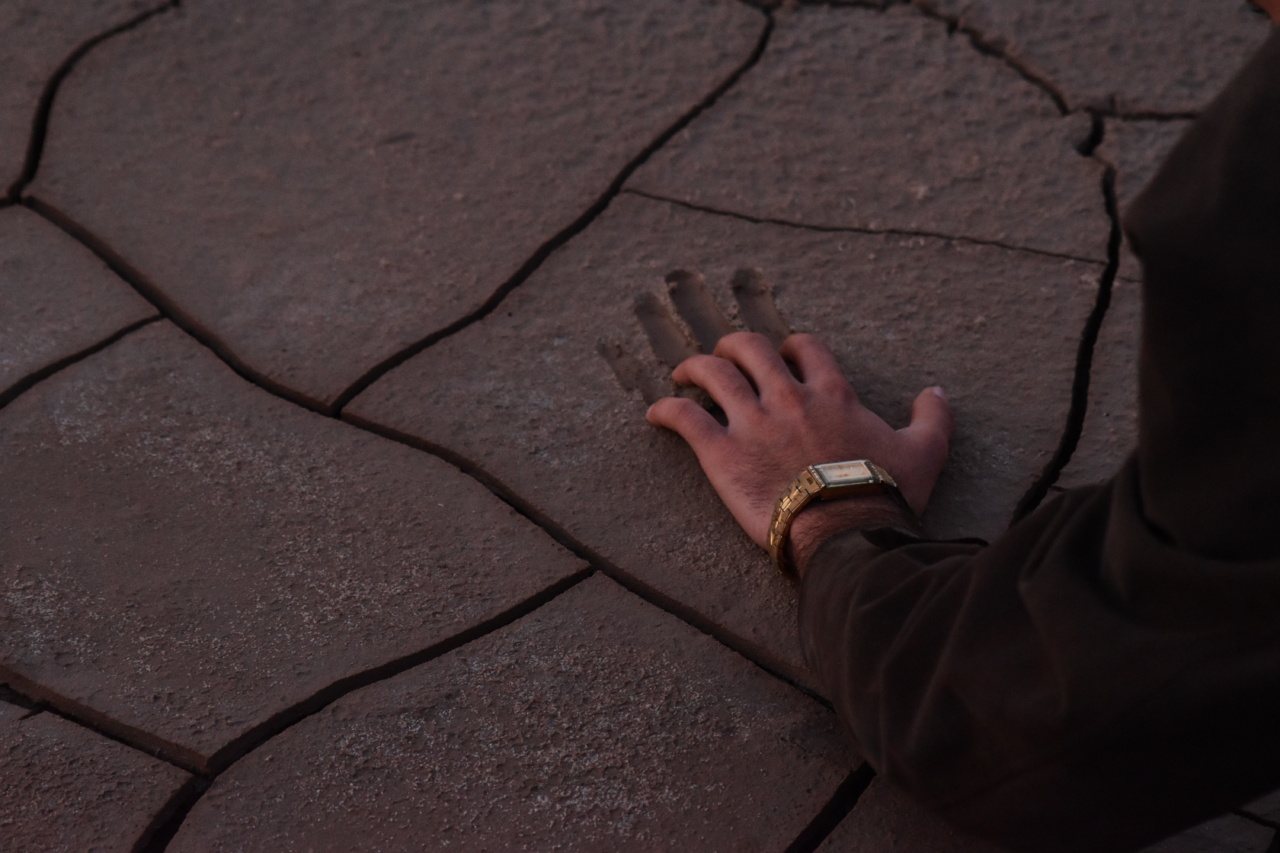Itching is a common sensation that can affect anyone, regardless of age, gender, or skin type. It can be caused by a variety of factors, including allergies, insect bites, skin infections, and certain medical conditions such as eczema and psoriasis.
While scratching may provide temporary relief, it is not the solution to the problem. In fact, scratching only exacerbates the itching, making it more intense and potentially leading to skin damage and infection.
In this article, we will explore why scratching only makes the itching worse and provide tips on how to alleviate itching without causing further harm to your skin.
Why Scratching Only Makes the Itching Worse
Scratching may provide temporary relief from itching, but it is not a long-term solution. When we scratch an itchy area, we activate nerve fibers that send signals to the brain and trigger the release of the neurotransmitter serotonin.
Serotonin causes the itching sensation to intensify.
Scratching also damages the skin’s surface, creating micro-tears in the skin that allow bacteria to enter. This can lead to skin infections, which in turn can cause more itching and inflammation.
Scratching can also cause the release of histamine, a chemical that causes swelling and inflammation of the skin. Histamine increases the intensity of the itching sensation and prolongs the time it takes for the skin to heal.
Alternative Ways to Alleviate Itching
If scratching is not the solution to itching, what can we do to alleviate the unpleasant sensation? Here are some alternative ways to relieve itching:.
1. Apply cold compresses or take a cool bath
Cold compresses and cool baths can provide temporary relief from itching. The cold temperature helps to decrease inflammation and numb the itching sensation.
Make sure not to use hot water or apply heat to the affected area, as this can make the itching worse.
2. Use moisturizing lotions or creams
Dry skin can contribute to itching. Using moisturizing lotions or creams can help to soothe dry skin and alleviate itching.
Look for lotions or creams that contain ingredients such as colloidal oatmeal, which has anti-inflammatory properties, or aloe vera, which has a cooling effect on the skin.
3. Take over-the-counter antihistamines
If itching is caused by an allergic reaction, taking over-the-counter antihistamines can help to reduce the itching sensation. Antihistamines block the release of histamine, which reduces inflammation and itching.
4. Practice stress-reducing techniques
Stress can cause itching or exacerbate existing itching. Practicing stress-reducing techniques such as meditation, deep breathing, or yoga can help to alleviate itching caused by stress.
These techniques help to relax the mind and body, which can decrease the intensity of the itching sensation.
When to See a Doctor
If itching persists or is accompanied by other symptoms such as redness, swelling, or discharge, it may be a sign of an underlying medical condition that requires medical attention. Some medical conditions that can cause itching include:.
- Eczema
- Psoriasis
- Scabies
- Shingles
- Ringworm
- Chickenpox
If you experience persistent or severe itching, it is important to see a doctor for an accurate diagnosis and appropriate treatment.
Conclusion
Scratching may provide immediate relief from itching, but it is not a long-term solution. In fact, scratching only exacerbates the itching, making it more intense and potentially leading to skin damage and infection.
Instead of scratching, try alternative ways to alleviate itching, such as applying cold compresses, using moisturizing lotions, taking over-the-counter antihistamines, or practicing stress-reducing techniques. If itching persists, see a doctor for an accurate diagnosis and appropriate treatment.






























